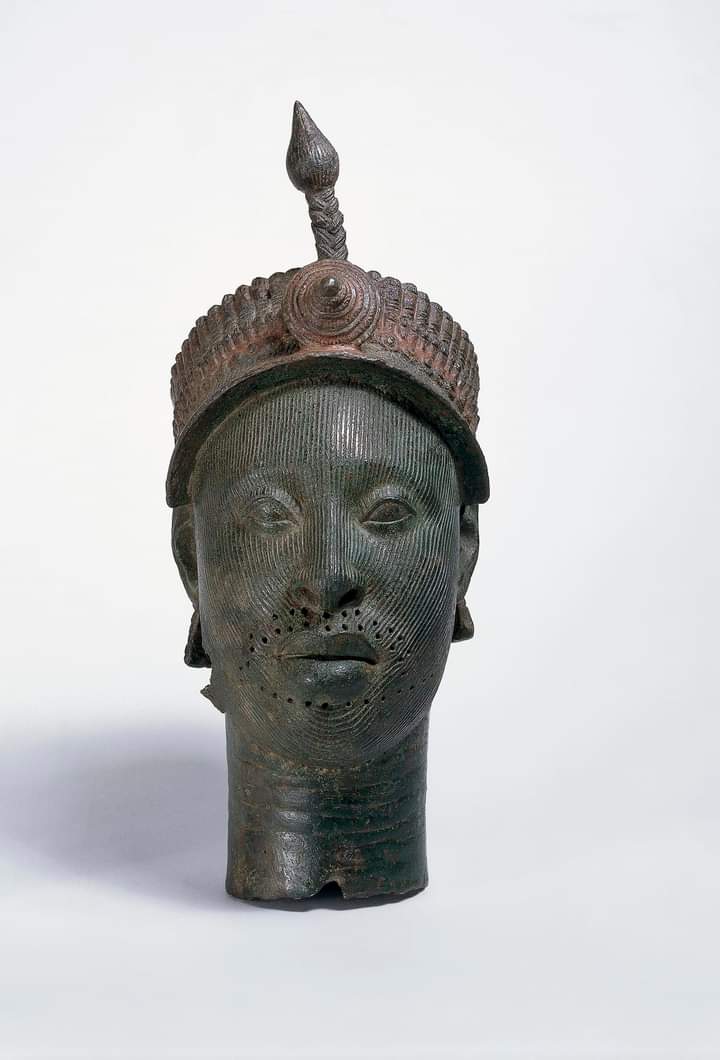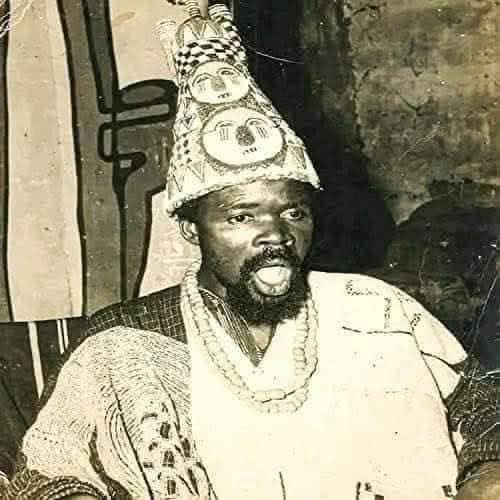Duro Ladipo : The Legendary Pioneering Dramatist
Duro Ladipo : The Legendary Pioneering Dramatist
Duro Ladipo (born December 18, 1931 – died March 11, 1978) was a pioneering Nigerian dramatist, composer, and actor renowned for revitalizing Yoruba traditional theatre in the postcolonial era. His innovative folk operas, which blended ritual poetry, traditional rhythms, and indigenous instruments, were deeply rooted in Yoruba history and mythology.
Ladipo’s most celebrated work, Ọba kò so (“The King Did Not Hang”), dramatizes the story of Ṣango, the Yoruba god of thunder, and garnered international acclaim, including performances at the 1964 Berliner Festwochen and the 1965 Commonwealth Arts Festival in London .
Born in Osogbo, Nigeria, to an Anglican catechist father and a mother from a lineage of traditional drummers, Ladipo was steeped in both Christian and Yoruba cultural influences. Despite his father’s Christian convictions, Ladipo was drawn to Yoruba traditions, often sneaking out to observe masquerades and traditional festivals. This passion led him to incorporate traditional Yoruba elements into his works, challenging the norms of his time .
In 1962, Ladipo co-founded the Mbari Mbayo Club in Osogbo with German scholar Ulli Beier, transforming it into a cultural hub for artists and dramatists. His theatre group, the Duro Ladipo National Theatre, produced several notable plays, including Oba Moro, Ajagun Nla, and Eda. These productions not only entertained but also served as vehicles for cultural preservation and education .
Ladipo’s contributions to Nigerian theatre were recognized both nationally and internationally. In 1965, he was honored with the Member of the Order of the Niger (MON) award for his outstanding achievements in the arts. His legacy continues to influence contemporary Nigerian theatre, and efforts to preserve his work, such as the rehabilitation of the Mbari Mbayo Club and the establishment of a mausoleum in his honor, underscore the enduring impact of his contributions to African cultural heritage .




